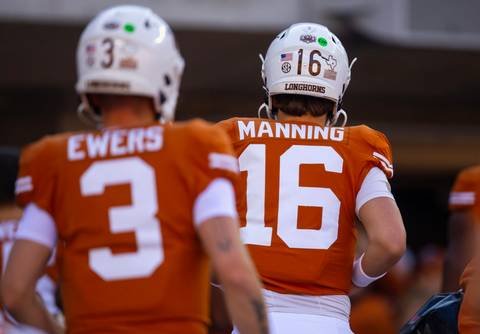Live Update: Remembering Jimmy Carter—A President with NASCAR Roots
Today, we honor the extraordinary life and legacy of Jimmy Carter, the 39th President of the United States and Nobel Peace Prize laureate, who passed away on Sunday, December 29, at his home in Georgia. Carter, who lived an incredible 100 years, dedicated himself to creating a fairer society. But beyond his political achievements, he shared an unexpected bond with the world of NASCAR, a sport he cherished since his youth.
From Ticket Seller to President
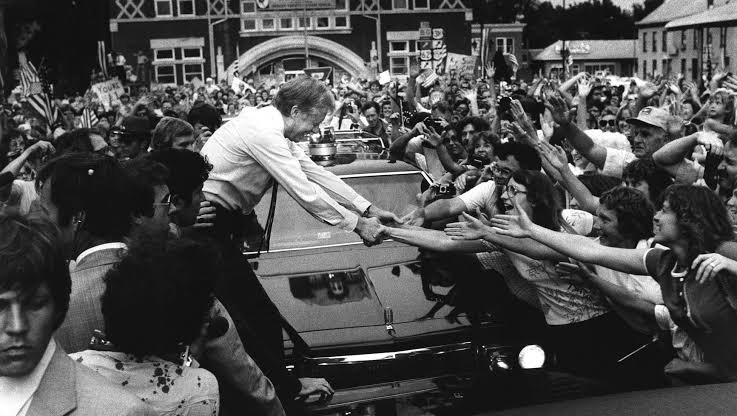
Born into a family of peanut farmers in Georgia, Jimmy Carter grew up immersed in the traditions of the South, where NASCAR was more than a sport—it was a cultural phenomenon. Before his rise in politics, Carter worked at the Atlanta Motor Speedway, selling tickets to NASCAR races. This 1.54-mile track in Hampton, Georgia, became a significant touchstone in his life, foreshadowing the deep connection he would later have with the racing community.
Even as Carter transitioned to politics, first as Georgia’s state senator and then as the President of the United States, he maintained ties with the NASCAR world. His campaign events often took place at Atlanta Motor Speedway, showcasing his roots and relatability to fans of the sport.
Carter and NASCAR’s Rising Legitimacy
In 1976, after winning the presidency, Carter cemented NASCAR’s place on the national stage. Two years later, he hosted a formal reception at the White House, inviting legendary figures like Cale Yarborough, David Pearson, and Benny Parsons, along with NASCAR pioneers Bill France Jr. and Sr.
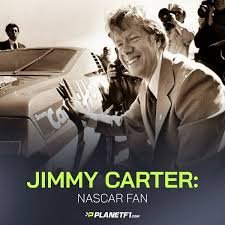
Though Carter himself was absent—he was at Camp David brokering the historic peace deal between Israeli Prime Minister Menachem Begin and Egyptian President Anwar Sadat—the event marked a turning point for NASCAR. First Lady Rosalynn Carter presided over the dinner, giving the sport a level of prestige that countered its stereotype as a “redneck pastime.”
A President of Firsts
Jimmy Carter’s legacy extended far beyond NASCAR. He brokered peace between Israel and Egypt, normalized relations with China, and transferred control of the Panama Canal to its rightful owners. Domestically, he founded the Department of Energy and championed renewable energy by installing solar panels on the White House—decades ahead of his time.
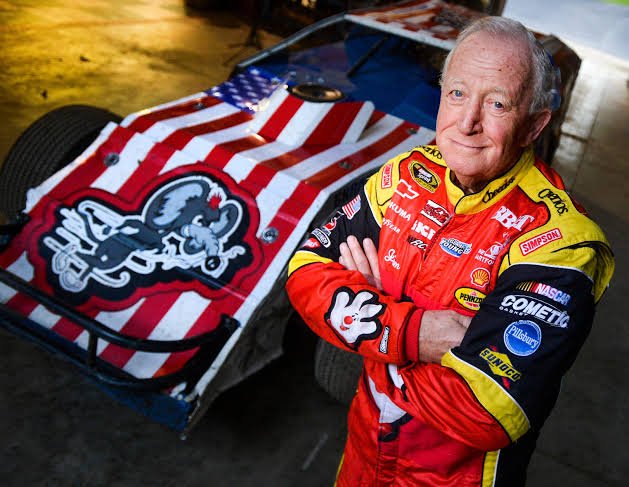
Carter was also a relentless advocate for equality, becoming the first president to staff federal courts with women and people of color. He and Rosalynn founded The Carter Center, an organization committed to global democracy and human rights.
NASCAR’s Connection to Carter’s Legacy
Carter’s support for NASCAR may seem like a footnote in his life, but it played a vital role in legitimizing the sport. Just months after his White House reception, the 1979 Daytona 500 was broadcast live in its entirety for the first time, captivating a snowstorm-stricken audience and redefining public perceptions of stock car racing.
A Life Well Lived
As the world reflects on Carter’s monumental legacy, it’s clear his contributions to peace, equality, and even NASCAR were groundbreaking. Whether building homes for the underprivileged or advocating for renewable energy, Carter’s influence touched every corner of society.
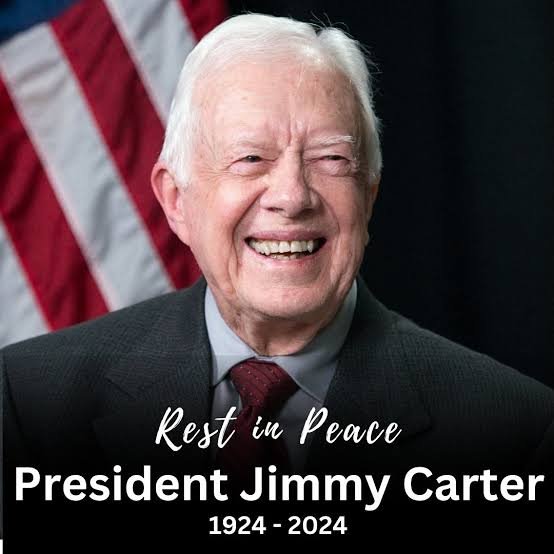
He was a leader, a pioneer, and—perhaps surprisingly—a NASCAR fan at heart. Today, we bid farewell to a man who showed us all what it means to live a life of purpose.


